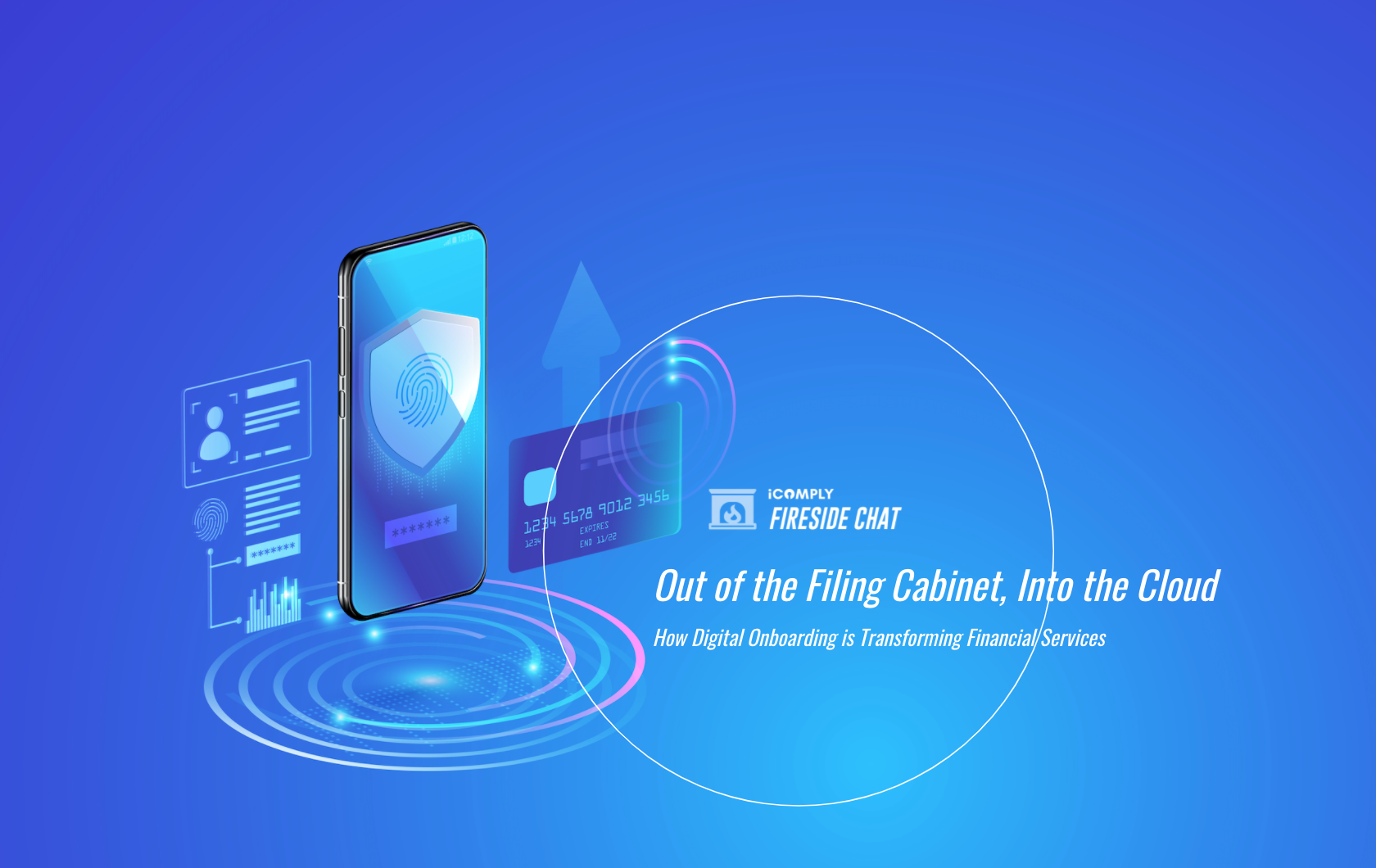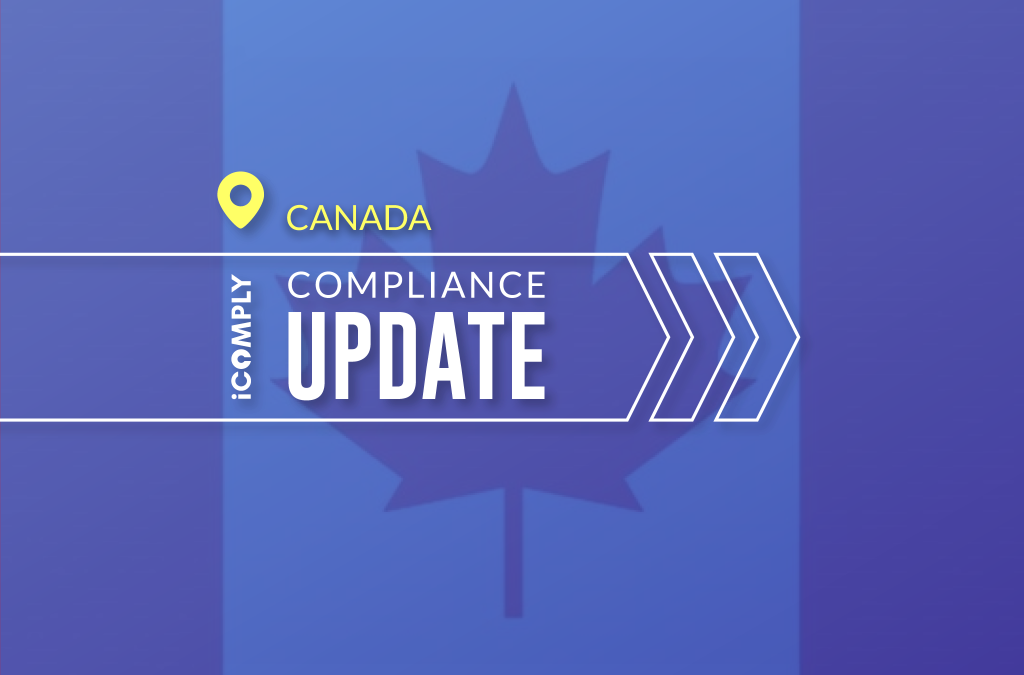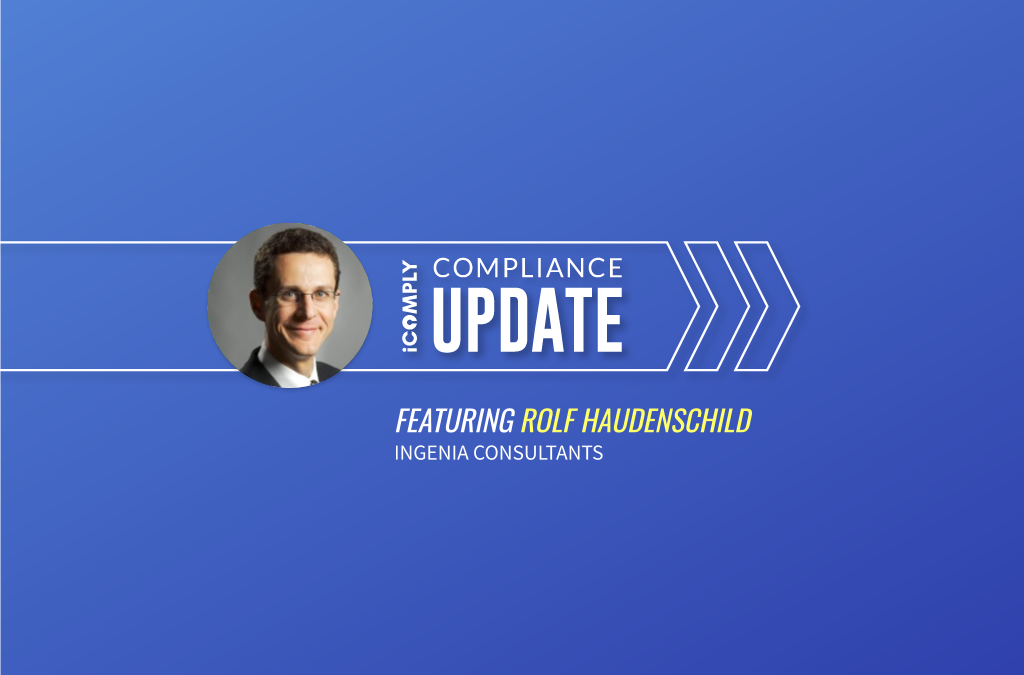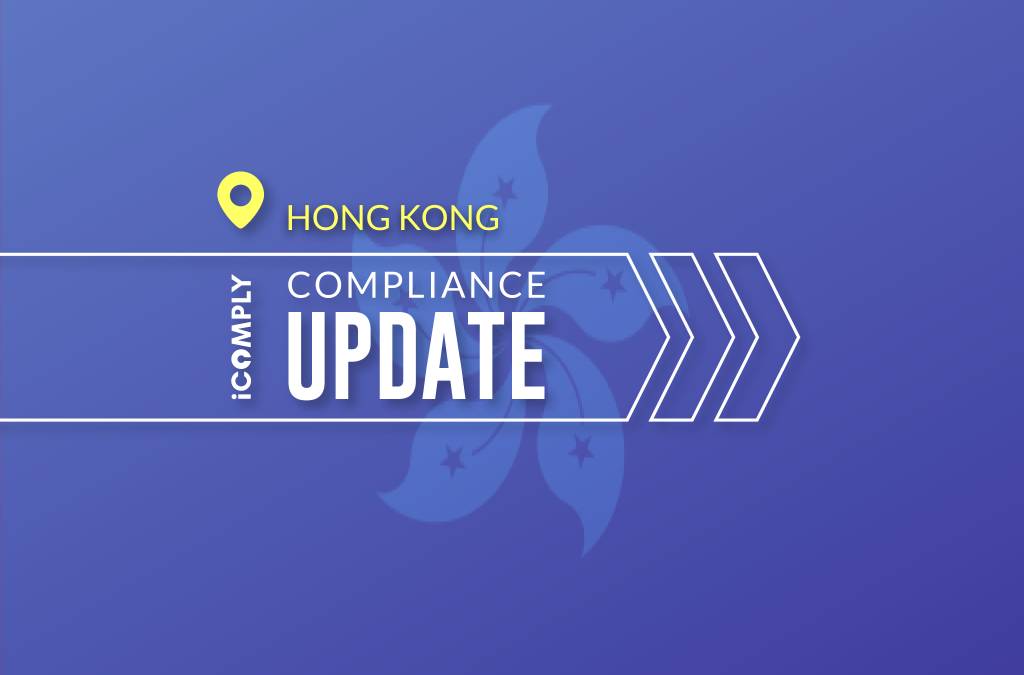Implementing Enhanced Due Diligence (EDD) effectively requires strategic planning and adherence to best practices. Here are key strategies to enhance your compliance program with EDD: 1. Develop a Risk-Based Approach A risk-based...
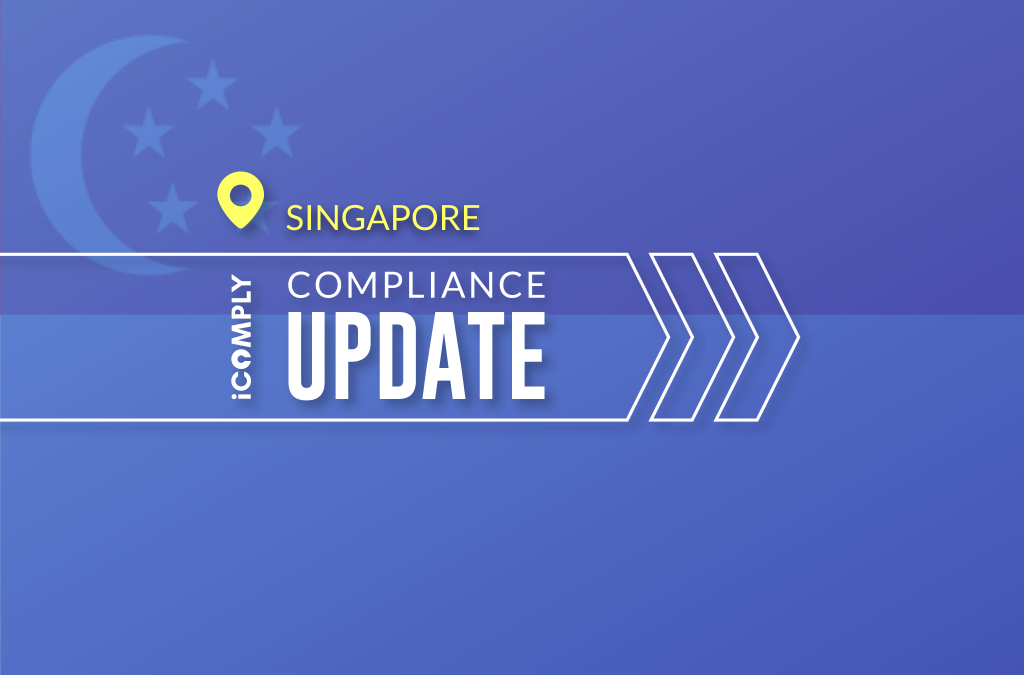
SPF, IMDA and MAS Block Unregulated Overseas Online Trading Platform
SPF, IMDA and MAS Block Unregulated Overseas Online Trading Platform
SPF, IMDA and MAS target AroTrade in response to consumer reported fraud
What Happened?
May 28, 2020: The Singapore Police Force (SPF), Infocomm Media Development Authority (IMDA), and Monetary Authority of Singapore (MAS) have all acted to block the website of AroTrade, a trading platform based in Belize purportedly offering Contracts for Difference (CFDs) for a variety of asset classes including commodities, foreign exchange, cryptocurrency stocks, and indices.
Who Is Impacted?
Singapore Police became aware of AroTrade after receiving complaints from approximately 40 residents of Singapore who had transferred funds totalling over USD $330,000. All residents indicated that they experienced unauthorized trades, or were unable to withdraw their money from the AroTrade platform.
Why This Matters?
Investigators found that AroTrade had been engaged in fraudulent marketing tactics, including the creation and use of fake news articles that claimed prominent individuals, including Singapore’s government officials, had endorsed investing in cryptocurrency, a false claim which misled Singaporeans to AroTrade’s website.
Under Section 82 of the Securities and Futures Act (SFA), a capital markets services license is required for an entity to engage in a regulated activity, including dealing CFDs in securities and offering foreign exchange contracts. AroTrade does not possess this license in Singapore and is prohibited from conducting such business in the country. This prohibition extends to persons acting outside Singapore, where there is a substantial and reasonably foreseeable effect for residents of Singapore.
The SPF and MAS have determined that the services offered to Singaporean’s on AroTrade’s website are in breach of the SFA guidelines. Additionally, the IMDA has determined that the false and misleading information published on the AroTrade website constitutes prohibited content under the Internet Code of Practice (ICOP).
What’s Next?
The IMDA has instructed all of Singapore’s Internet Access Service Providers (IASPs) to block Singapore resident access to AroTrade’s website; to date, all IASPs have complied with this request.
The SPF’s investigation into potential additional criminal activity from the overseas trading platform is ongoing.
learn more
Is your AML compliance too expensive, time-consuming, or ineffective?
iComply enables financial services providers to reduce costs, risk, and complexity and improve staff capacity, effectiveness, and customer experience.
Request a demo today.
Best Practices for Implementing Enhanced Due Diligence
Enhanced Due Diligence: A Comprehensive Guide
Enhanced Due Diligence (EDD) is a critical process in the compliance landscape, particularly for financial institutions. It involves a deeper level of scrutiny for high-risk customers to prevent money laundering, fraud, and other...
The Future of FATF Travel Rule and Regulatory Compliance
Understanding the FATF Travel Rule The Financial Action Task Force (FATF) Travel Rule is a significant regulation in the global fight against money laundering and terrorist financing. It mandates that financial institutions share certain information about the...





